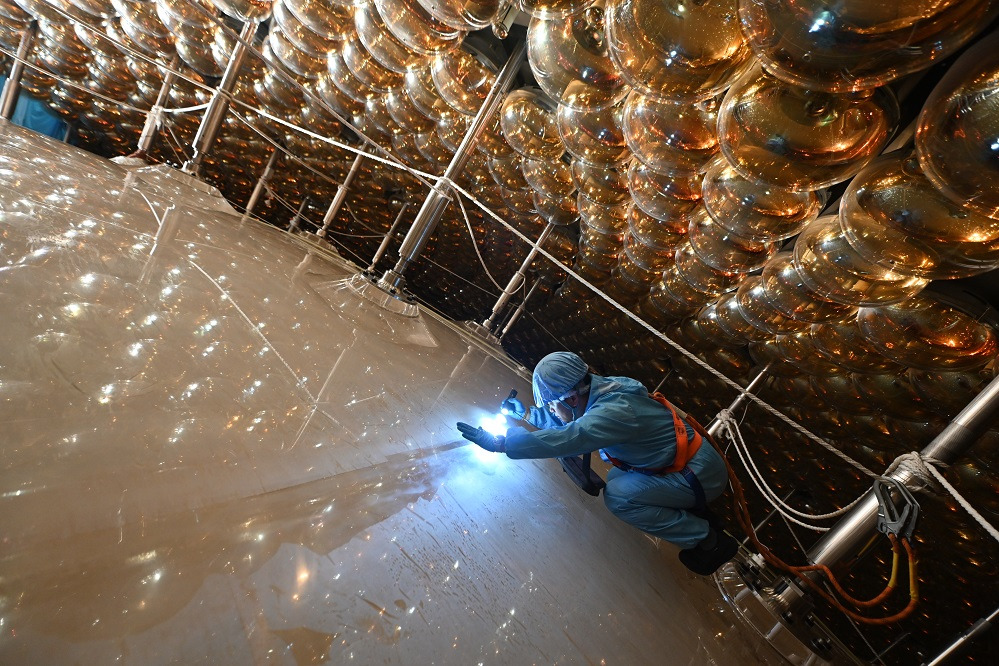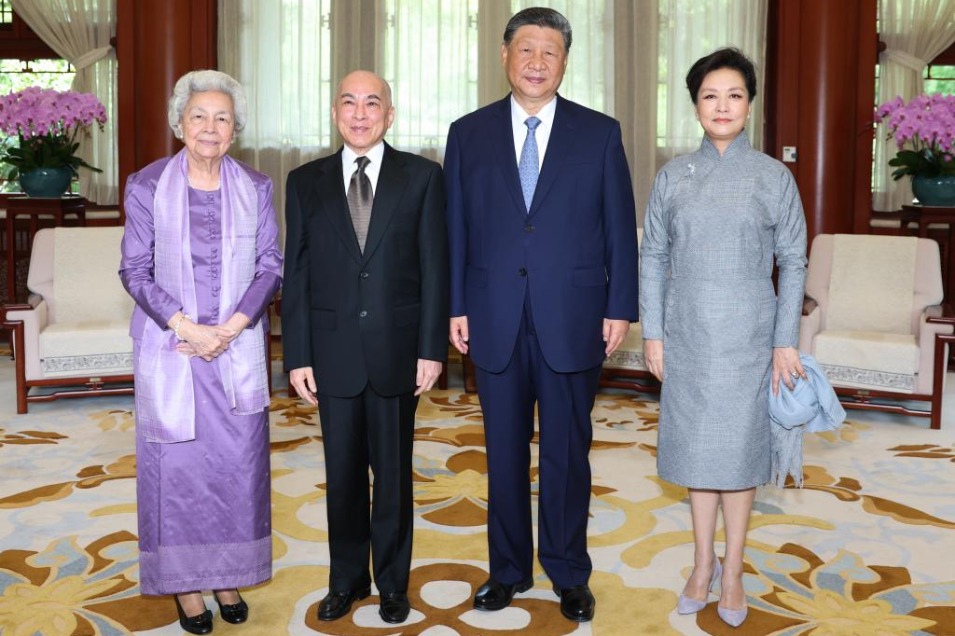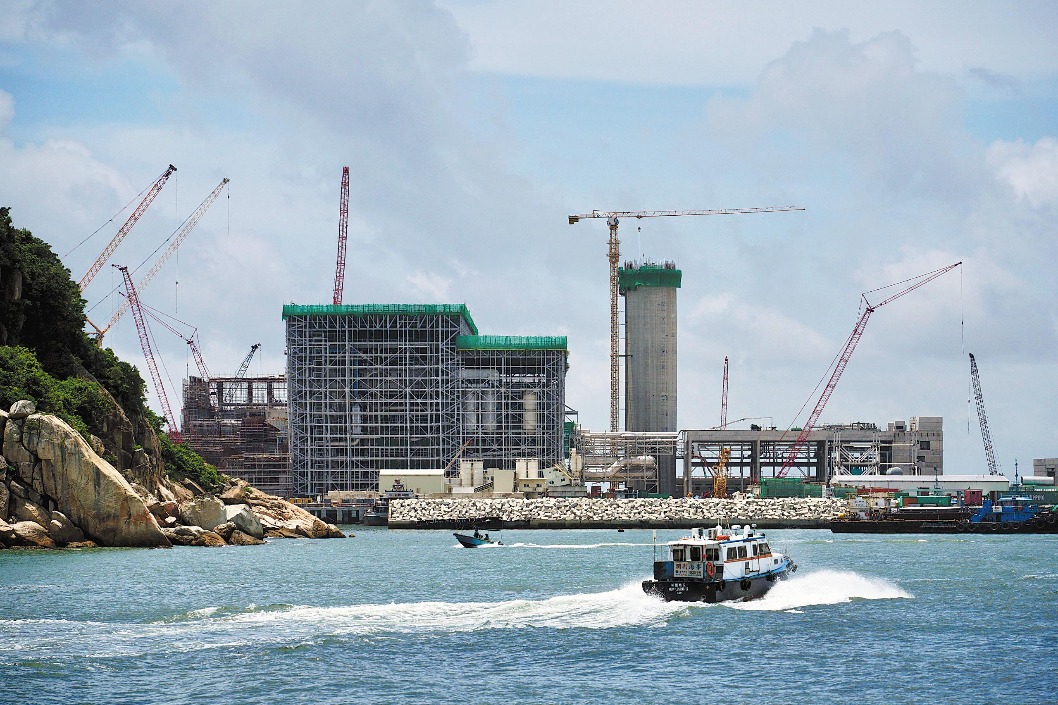A wealth of experience
Graduate volunteers venture to China's far west to help with poverty alleviation and nurture entrepreneurial projects, 21st Century reports.

"Go to China's far west, where our country needs us the most." Inspired by the slogan, in the summer of 2020, Ye Yaoning, a graduate of Shenzhen University, embarked on his journey to Northwest China's Xinjiang Uygur autonomous region, about 4,000 kilometers away from his home.
Ye was involved in China's Far West Program, which started in 2003, sending a total of more than 410,000 college graduates and postgraduates to the grassroots of the underdeveloped western region for a period of one to three years of volunteer service.
In 2010, Guangdong province, Ye's hometown, was selected to provide pairing assistance to southwestern Xinjiang's Kashgar, a city within one of 14 contiguous impoverished areas that were the main battlefield of poverty alleviation in China. Guangdong's aid headquarters in Xinjiang, where Ye served for two years, have been stationed in the suburbs of Kashgar for 12 years, during which time the local GDP tripled.
The young graduate was in charge of a project to cultivate wealth creators, or local entrepreneurs, with funds of nearly 24 million yuan ($3.44 million) and technologies supported by the Guangdong government. They are expected to be role models and provide local people with job opportunities to alleviate poverty.
Places unseen
"I could not see anyone in absolute poverty in Guangdong. I knew they must be in the places unseen, the farthest places," Ye explains the reason for participation.
His family did not support his decision at first because of the arduous work involved and unfriendly climate in the west, even though they had encouraged him by telling him the history of poverty alleviation.
After negotiating with his family, Ye thought he was prepared for the tough conditions, but the job was more difficult than he had imagined.
With other cadres and three volunteers from Guangdong, he lived right above his office and was on standby 24 hours a day. The job having nothing to do with his major, microelectronics science and engineering, made it harder for him to adapt to the new environment.
"Neither cadres nor volunteers had weekends and sometimes they even worked overtime until 6 am. There was no 'balance' between life and work," he says.
The dry climate presented another big challenge. Unsealed cookies there do not get softer after several days, but crispier. Cadres also joked that waking up to a dry and bleeding nose was a reminder that they were in Xinjiang.
Low in humidity and with a lack of foliage, sandstorms often occur, even in the summer. "When it came to a light sandstorm, the sun would look like a 5-watt lightbulb. As it got stronger, the sun would disappear," Ye says.
Agriculture development in Kashgar is also hampered by the bad climate. Pieces of saline land are unable to grow anything as if they were covered by frost.
"It was May when I first saw the saline land. I was wondering why the snow had not melted," Ye recalls with resignation. "There was nothing we could do with the land except to convert it into cattle or sheep farms."
Adapting to culture
Language was the biggest challenge for Ye, whose mother tongue is Mandarin, while the local people mostly speak Uygur. "It was challenging to get their trust because of our different appearance and the languages we spoke," he says.
During the past two years in Xinjiang, a strong-minded wealth creator with a disability, Wupuer, impressed him the most. The man's life should have gotten better as funds and technologies were ready to help him raise chickens. However, a pandemic lockdown of five months in 2020 cut all his hope. Without adequate forage and medicines, all he could do was watch the chicks die one after another.
"It was hard to communicate because he could speak very little Mandarin. When we visited his farm, he could only grab my hands, with tears in his eyes," Ye recalls of the time they tried to recover the losses.
Fortunately, with the support of more funds and a strategy adjustment, Wupuer became one of the biggest chicken breeders in the county, with revenue of about 400,000 yuan in the second year.
The project not only brought Wupuer access to wealth, but also a greater motivation to learn. He started learning Mandarin and now can communicate in the language without barriers.
"It was totally beyond our expectation that a person could change so much in terms of his living standard, and also his spirituality within just two years," Ye says, smiling.
Women's social status is also taken into consideration when selecting candidates. According to Ye, in the past, domestic inequality affected some local women, some of whom even suffered from domestic abuse.
"At the beginning of this century, there was no legal marriage and divorce in the region. Their marriage would be witnessed by a Muslim leader. When they got a divorce, women could only take what they carried with them," Ye says.
Thanks to legal popularization and ideological emancipation, the situation has improved. In addition, the project provides more economic support for women. For example, a local female wealth creator opened a dried fruit processing plant, enabling more women to work with their own hands.
Bidding farewell
The contract for China's Far West Program is signed once a year. Ye stayed for a second year to help cultivate more wealth creators, although he thought of giving up at the beginning of the first year.
In his two years of service, Ye overachieved, exceeding the initial target of helping 10 wealth creators within three years to assisting 50 in two years.
"Volunteers and cadres will leave sooner or later, but we hope the spirit of striving for happiness and the methods to create wealth can remain and be passed down from one generation to another," says Ye, who has since returned to Guangdong.
"As stated in the Russian novel How the Steel Was Tempered, in which the protagonist says he dedicates his whole life to the liberation of mankind, to change the life of local people is the most meaningful for me," he adds.
Huang Jieqi contributed to this story.

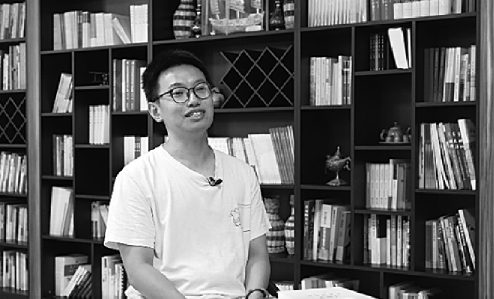
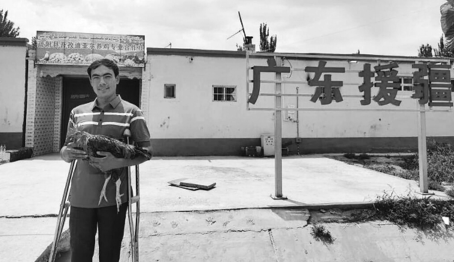

Today's Top News
- A misjudgment of situation in the first place, destabilizing AUKUS deal may bite the dust: China Daily editorial
- Welcome would be welcomed if sincere: China Daily editorial
- Xi and his wife meet Cambodian King, Queen Mother
- Xi meets Russian State Duma chairman
- Parade a tribute to Chinese people's sacrifices in WWII
- SCO will strongly uphold multilateralism
















